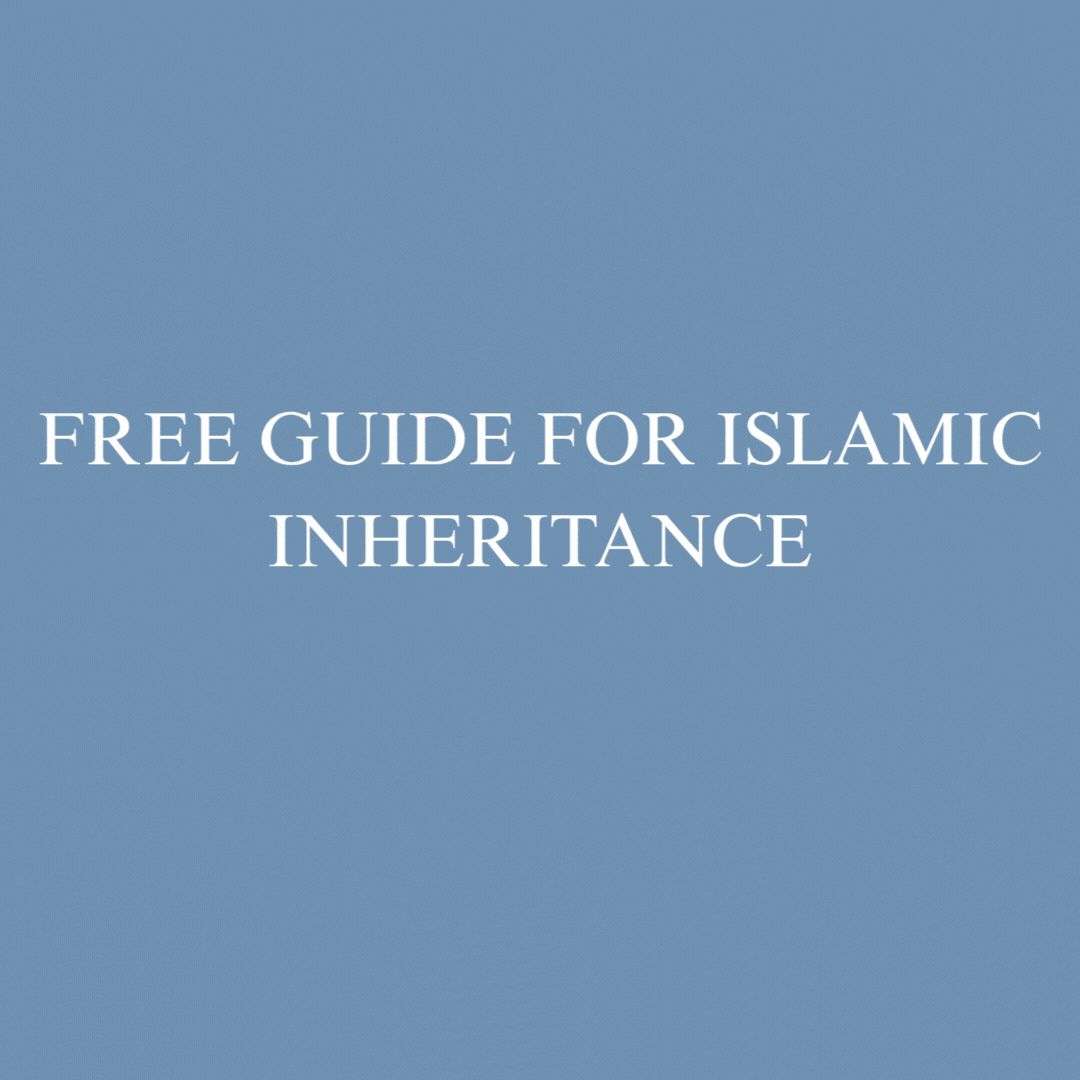.png)
Institute
of Halal Investing
The Institute of Halal Investing promotes global awareness of Islamic finance and ethical investing. We offer research, education, and forums for diverse audiences. Our mission is to support a just, inclusive financial system aligned with Islamic values.
.png)
Institute of Halal Investing at a Glance
The Institute of Halal Investing is committed to becoming a global leader in the field of Islamic banking, finance, and investment. Our mission is to provide both Muslims and non-Muslims with the knowledge and resources they need to understand and engage with this rapidly expanding sector of the financial industry. We offer a range of opportunities designed to educate, inform, and facilitate meaningful dialogue on Islamic finance.
Islamic finance provides an alternative financial system rooted in Shari'ah principles, derived from the Qur’an and the Sunna. It emerged during the post-colonial era of the 1950s, when scholars in newly independent Muslim-majority countries sought to create an economic model distinct from both capitalism and socialism.
This model was envisioned as a “third way,” built on ethical and moral foundations, where faith-driven individuals prioritize collective well-being over mere profit maximization.
At its core, Islamic finance prohibits interest (riba), excessive uncertainty (gharar), and investments in industries deemed unethical, such as alcohol, gambling, and weapons. Instead, it promotes risk-sharing, profit-and-loss arrangements, and investment in real economic activities. The overarching goal is to establish a financial system aligned with Islamic ethical values, one that fosters social justice, equity, and the overall welfare of the community.
Start Your Journey in Halal Investing Today!
Explore Our Knowledge Center for Halal Investing Insights
With 1.2 billion Muslims worldwide and 6 million in the U.S., Islamic finance, guided by Shari'ah law, remains a growing but often misunderstood field. Shari'ah outlines ethical guidelines for all aspects of life, including finance. However, many Muslims face challenges in adhering to these principles, as Islamic financial services remain limited or underdeveloped in many parts of the world.
Discover Our Education Resources for Halal Investing Skills
Islamic finance has mainly entered the U.S. through academic institutions. Harvard University’s Islamic Finance Project (IFP) brings together scholars from multiple fields to study its growth. Since 1997, the IFP has hosted the University Forum on Islamic Finance, a biennial event for sharing current research.

Tap Into Our Valuable Resources for Halal Investing
Delve into our curated collection of resources, designed to empower you with the knowledge and tools necessary for successful halal investing. We aim to provide comprehensive insights into key institutions and markets that shape the landscape of Islamic finance, ensuring you make informed decisions aligned with your values.

Amana Mutual Trust Funds
Today, a variety of Halal investment
products serve the needs of Muslim investors, including the original Amana Income Fund started in 1986, the Amana Growth Fund started in 1994, and the Amana Developing World Fund started in 2009.
GET IN TOUCH
Contact the Institute of Halal Investing
Institute of Halal Investing is a 501(c)(3) non-profit and your donation is tax deductible under U.S. Tax Code. Federal Tax ID number is 76-0836781
Email Us
Send us an email at info@halalinvesting.org for questions about our courses and resources.
Call Us
Call our office at +1 212-555-0198 for immediate assistance or to schedule a meeting.
Visit Our Office
Our address is , 7100 SW Hampton Suite202, Portland, OR, United States, 97223, we welcome you.
.png)


.jpg)
.webp)

.webp)






.png)